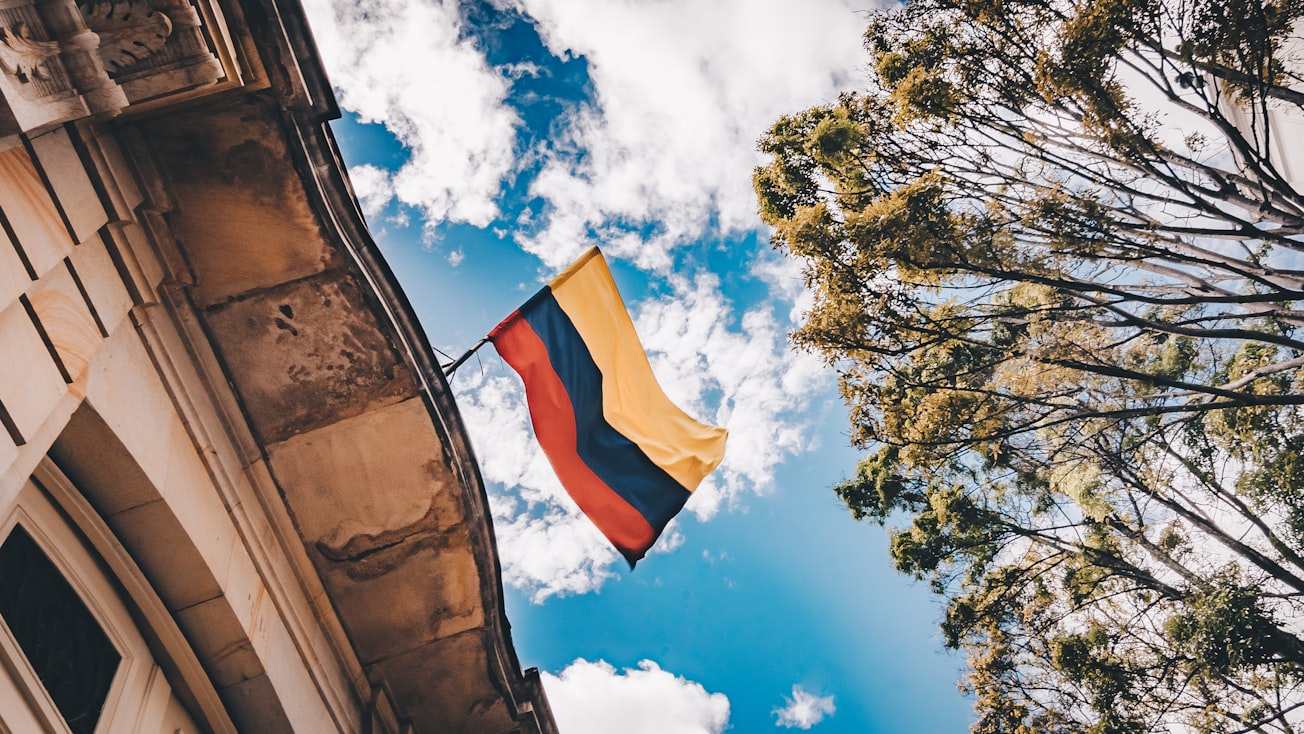What is it about?
The construction of victims’ collective memory in post-conflict Colombia is crucial to understanding the violent past and its social consequences. This article argues that victims’ initiatives, such as the March of Light, are facilitating an active role of local communities in the configuration of their memory regimes after the war. Addressing a participative action research approach, this article’s significance rests in the idea that Colombian victims’ groups from Eastern Antioquia are establishing three particular types of collective memory developing the March of Light every week. It establishes that this effort is a powerful instrument to claim truth and reparation in Colombia, helping the ongoing process of transitional justice in the country. It demonstrates that the tension between official and non-official narratives of collective memory is an essential part of transitional justice scenarios in which the clash of values defines positions of power, visibility and recognition inside contexts of social transition.
Featured Image

Photo by Flavia Carpio on Unsplash
Why is it important?
The construction of collective memory in post-conflict societies is a struggle over power and the exercise of this power to shape communal representations and meanings about the violent past. This article, therefore, is an open call to victims’ movements in contexts of transitional justice and post-conflict to understand the crucial role of creating collective modes of remembering as a powerful instrument to claim justice and reparation for their local communities.
Perspectives
This article would not exist without the victims and activists who agreed to share their stories with me. I would like to express my deepest gratitude to each of you for sharing your time and aspects of your personal life with me. I would particularly like to acknowledge the victims’ groups of Eastern Antioquia who have inspired me to do this research. I hope that one day they can achieve the reparation, recognition and justice they deserve.
Dr Camilo Tamayo Gomez
University of Leeds
Read the Original
This page is a summary of: Victims’ collective memory and transitional justice in post-conflict Colombia: The case of the March of Light, Memory Studies, October 2019, SAGE Publications,
DOI: 10.1177/1750698019882055.
You can read the full text:
Resources
Contributors
The following have contributed to this page







